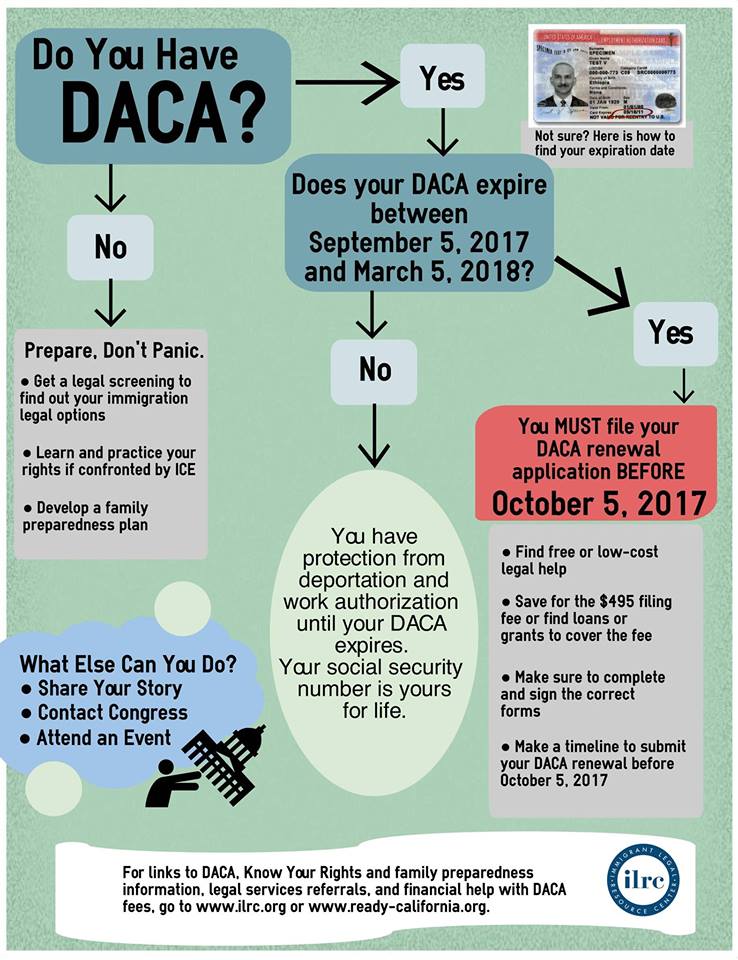
This post is being updated regularly since appearing September 6.
“If we don’t stand up for children, then we don’t stand for much” – Marian Wright Edelman
SInce 1990, our work has been about supporting any unaccompanied young person under the stars who experiences homelessness.
We were “low-barrier” before it was a phrase, affirming and celebrating youth of all sexual orientations, gender identities, races, ethnicities, colors, ancestries, abilities, languages, citizenships, and nationalities. We do not believe any youth is illegal. We do not believe any youth is “the problem.”
Practicing radical acceptance, we believe in the potential of every single youth. Created from the same the fabric of humanity, it is our humanity that is in peril when we target certain groups of people.
For that reason, the latest news on DACA deeply troubles us. We will work tirelessly in our advocacy coalitions to ensure that youth who have come to America for any number of reasons experience the safety and protection that all of us deserve, and many of us are afforded through no action of our own. If these young people fall through the cracks, we are indebted to be there, assisting them to get back up again.
Ending DACA protections carries a psychological toll on many youth of color, even those with proper documention. They receive yet another message that they are not welcome.
Our duty is to ensure that these young people know we are there, and know that we care — no matter what.
We recently held a conversations across many of our local programs to ensure that all volunteers are aware of best practices to help young people who may have newfound fears, worries, or legal issues concerning potential deportation. We indentified and affirmed the following ways of helping.
Top 10 direct ways our counselors shall support undocumented youth:
- Ensure confidentiality
- Remind our youth of the separation of our mission from that of federal agencies
- Be welcoming in every way
- Use active and empathic listening
- Be proactive in exploring feelings when someone’s mood or behavior pattern appear off
- Be sure not to use words or phrases that may trigger panic or past trauma
- Provide connections to known, trusted community partners that can offer legal aid and immigation support
- Advocate with permission if school or other public benefit rights are being interrupted.
- If you’re a documented citizen, leverage your rights, know-how, and relative comfort in feeling welcomed here
- Know what’s happening politically so you can be ready to assist
Emerging DACA Resources:
Will you help put this information in the hands of people who need it?
- DACA briefing and updates from Immigant Legal Resource Center
- Important Resources in English and Spanish from We Are Here to Stay (See in particular: Mental Health Emergency Toolkit)
- Resources for supporting DACA/Dreamer individuals
- Schooling resources
- DACA Renewal Scholarships (Applications due September 29)
- How Schools Can Help: Updated briefing with new information related to “Temporary Protected Status” for Nicaraguans and Hondurans.
- Legal Guidance and Impact on Students from CA School Boards Association
- The NALEO Educational Fund has activated their toll-free bilingual hotline, 1-844-411-DACA (1-844-411-3222), providing callers with real-time information and referrals to loca legal resources. The hotline’s hours are 11:00am to 8:00pm EDT.
- What to do during an ICE/Immigration Raid or Arrest? From ACLU – in multiple languages
- Webinars: Sept. 29 on Mobilizing and Oct. 10 on Immigrant Students Experiencing Homelessness
- Specifically for California’s undocumented residents: DACA Clinics around the state plus info for Cal State students and UC students
- How to stand in solidarity with undocumented immigrants, from the Nation
DACA Infographic from ILRC (available in Spanish too):

If you have a resource to recommend, please write our board chair.